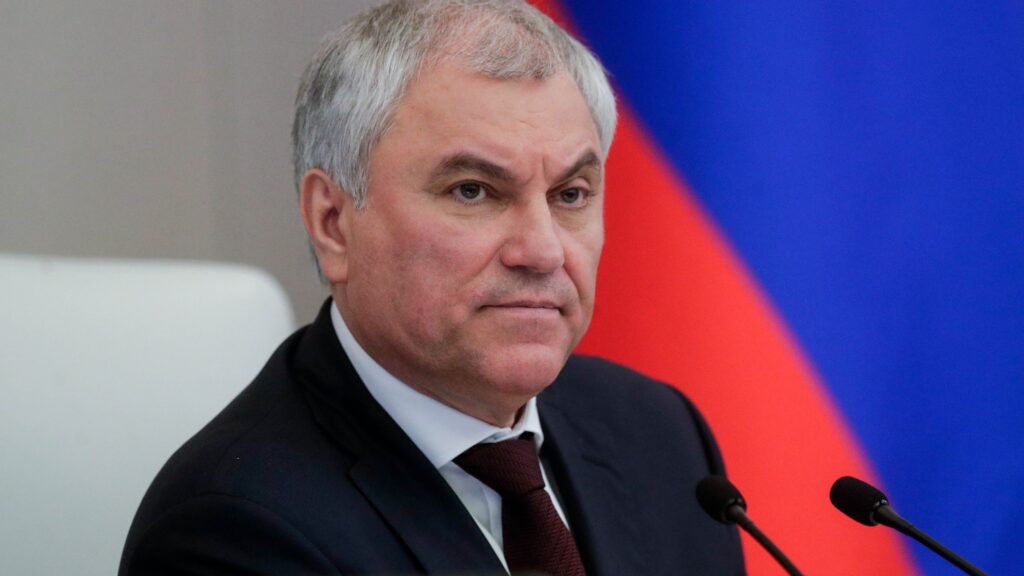MOSCOW (Realist English). The Russian State Duma has approved a new law introducing an experimental surveillance system for migrants in Moscow and the Moscow region, establishing an unprecedented level of biometric and digital monitoring over foreign nationals.
The pilot program, announced by Duma Speaker Vyacheslav Volodin, will apply to all foreign citizens — except diplomats and Belarusian nationals — and include four layers of control:
– Mandatory registration at the place of stay
– Fingerprinting of all foreign nationals upon arrival
– Biometric photo identification
– Continuous geolocation tracking of mobile devices linked to migrants
In addition, migrants will be required to notify the Ministry of Internal Affairs (MVD) of any change in their actual place of residence within three working days.
Volodin emphasized that the initiative is aimed at strengthening migration controls and “reducing the number of violations” by leveraging modern technology. He also stated that if successful, the system could be extended to other Russian regions.
The experimental law, passed in the context of rising security concerns and urban migration pressures, signals a shift toward digital surveillance governance — where biometric data and real-time movement tracking are merged into a centralized state database.
This law marks a turning point in Russia’s migration policy. Against a backdrop of urban density, social stress, and counterterrorism demands, the state is building a real-time digital model of migration control — where identity, location, and movement are under continuous observation.
Yet questions remain: Is the MVD’s system technically and institutionally ready to handle such volumes of sensitive data? And will safeguards be in place to protect legal rights, or will the system become a tool for unchecked enforcement? The pilot’s success will not only be measured by its efficiency — but by the public’s trust in its legitimacy.
